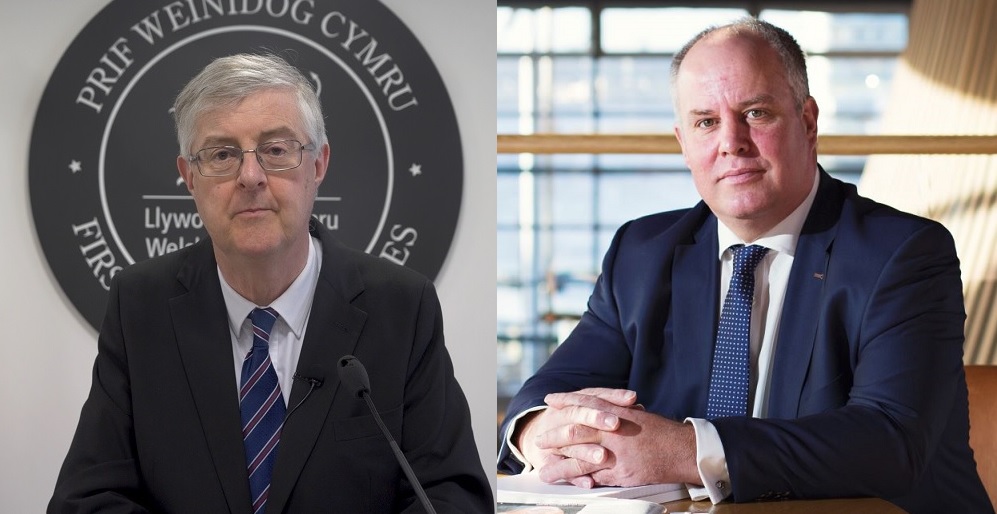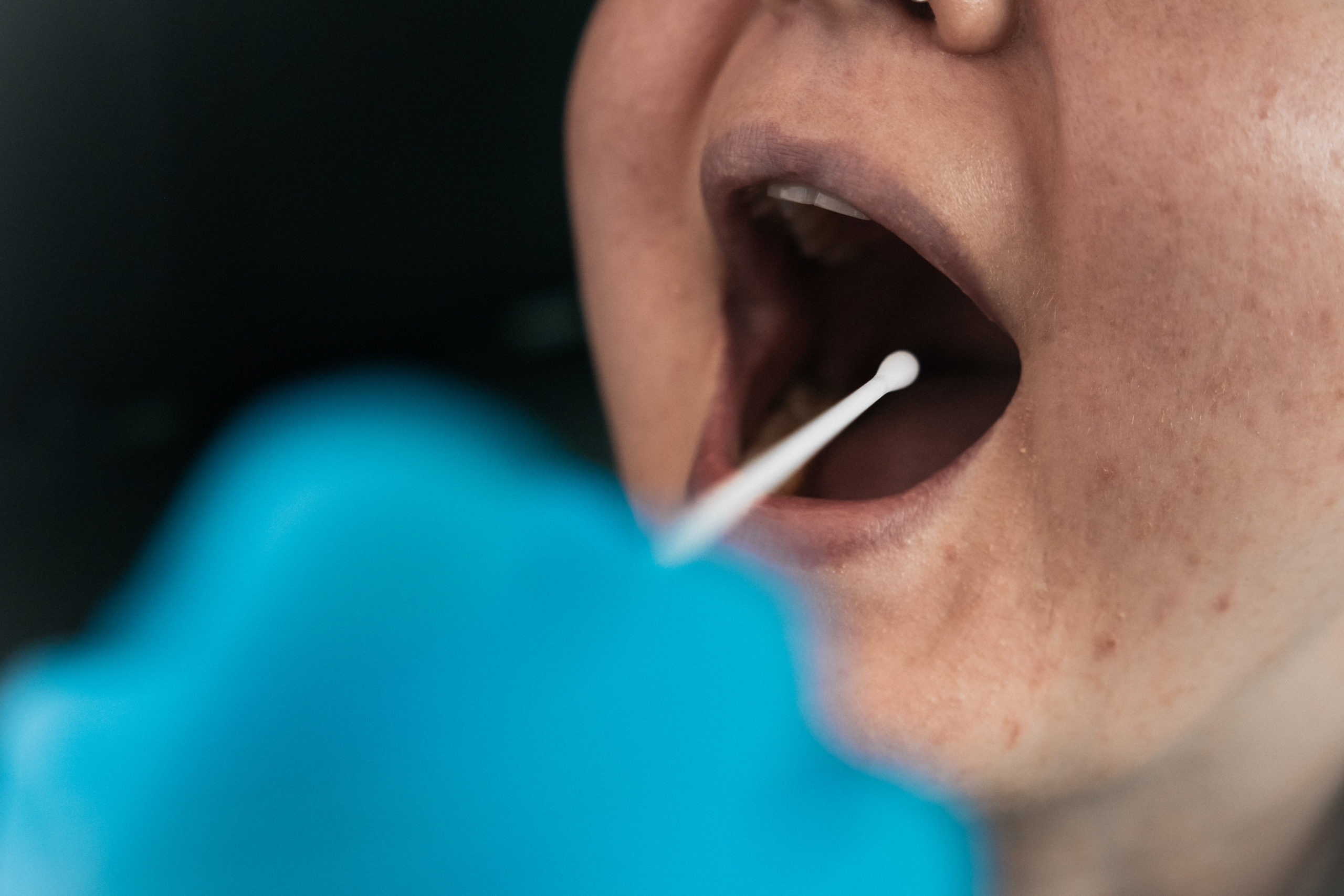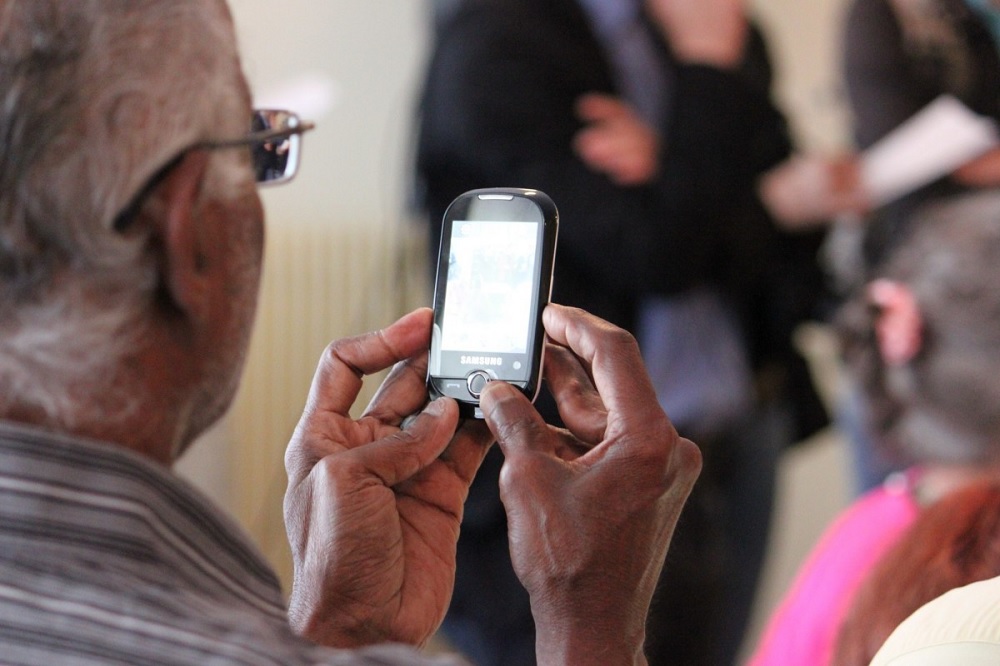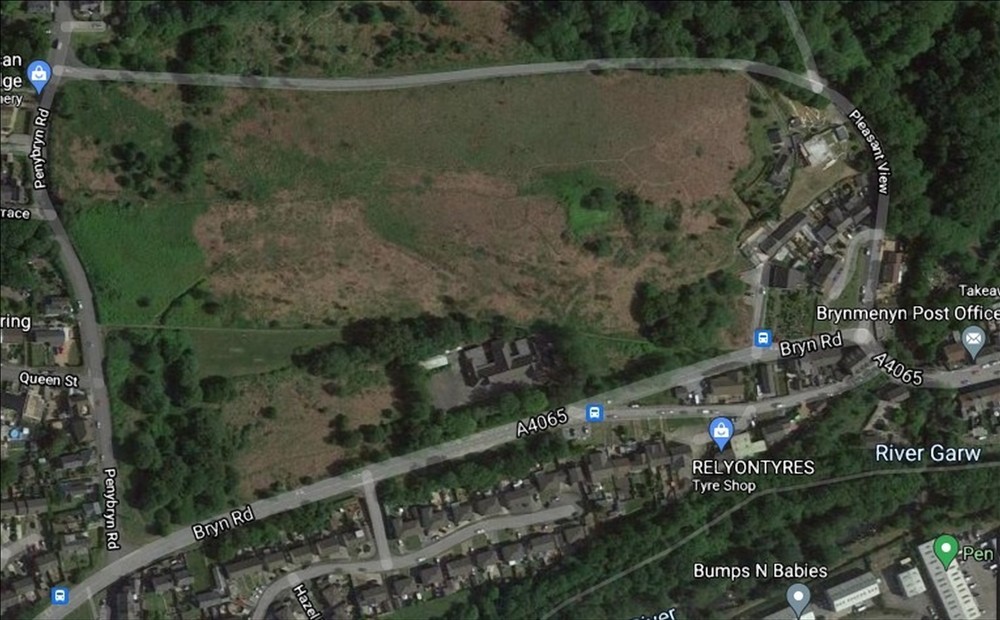News in brief: Government accused of staging Covid announcements ‘for political gain’

Welsh Conservative group leader, Andrew RT Davies, has accused the government of staging announcement about the Covid pandemic for political gain and of bypassing the Senedd.
Mr Davies has written to the Senedd’s Presiding Officer to complain after Health Minister Eluned Morgan took part in a Covid-19 press conference on Monday when a statement on the pandemic to the Senedd was not initially due to take place this week.
A statement from the minister to MSs was subsequently scheduled at short notice yesterday.
The letter also highlighted issues around the First Minister’s three-weekly press conferences on the Covid regulations, and protests that Members of the Senedd are finding out about changes to the restrictions via the media, avoiding the scrutiny of elected representatives.
“During the height of the pandemic it was right that vital, life-saving announcements were made directly to the people of Wales, “Mr Davies said.
“But as the pandemic has gone on, and the continued UK vaccine success story has released restrictions, the urgency for such information is not as it was at the height of the crisis – and yet the Welsh Labour Government continues to be a government by media.
‘Glory’
“As we saw before and after the election, the Welsh Labour Government can pick and choose when to make these announcements for political gain. It’s not a big ask to make the announcements in the Senedd first before going onto the lights and glory of the press conference arena that Ministers are so desperate to be involved in.
“The Llywydd needs to take control of this issue and like her counterpart in Westminster, ensure that democratically elected representatives are able to scrutinise the actions of the government.”
Responding to a question from Mr Davies in the Senedd, Eluned Morgan said the statement yesterday was “the earliest opportunity we can have to come to you to let you know exactly what’s going on.”
“We will continue with that commitment to let you know, but there are times during a pandemic where we actually just need to get some information out there quickly, and make sure that the public know how serious the situation is, in particular when we’re entering a third wave,” she added.

Wales facing a ‘serious situation’ as Covid cases continue to increase
Eluned Morgan, Wales’ Health Minister, has warned “we are once again facing a serious situation” as Covid cases continue to increase across Wales.
In a statement to the Senedd, Baroness Morgan said the Delta Covid variant was currently responsible for 80% of all new cases and “has spread from three small clusters in north and south-east Wales into our communities in every part of Wales.”
With the estimated R rate for Wales currently estimated at between 1 and 1.4, the minister revealed hospital admissions in Wales remain low with just 116 patients occupying general and acute beds, and one person requiring treatment in an invasive ventilation bed but said the 70,000 cases recorded in England and 73 deaths linked with the Delta variant “provides a sobering vision of what may come.”
Meanwhile, today’s figures from Public Health Wales have recorded one further death due to Coronavirus and 231 new infections.
The newly reported death takes the total number of people who have died since the start of the pandemic in March last year to 5,573.
In the last 24 hours, 26 people have tested positive for Covid in Flintshire and there have been 25 new cases in Cardiff and 22 in Swansea.
The weekly case rate in Flintshire is the highest in Wales at 86.5 per 100,000 people, a jump from 73.7 yesterday and the positivity rate of 6.1% per 100,000 tests is also the worst in the country.
The national case rate is up 0.9 to 32.2, the highest level recorded since the end of March and he test positivity rate is down 0.1% to 2.6%.

NHS 111 service rolled-out in North Wales
People living in north Wales will now be able to dial 111 to get non-urgent medical advice and access to their out of hours service.
The free NHS treatment and advice service has now been rolled out to all health board areas of Wales, except Cardiff and Vale, which is expected to come online later this year.
The 111 service is available 24 hours a day, seven days a week and advice is also available online.
The service has now been rolled out to all health board areas of Wales, except Cardiff and Vale, which is expected to come online later this financial year.
Residents of Cardiff and the Vale of Glamorgan can currently get advice over the phone, by calling the board’s urgent care line on 0300 10 20 247 or NHS Direct Wales on 0845 46 47 for general healthcare advice.
“The 111 service will support people to receive the most appropriate services for their needs, and reduce the pressure on our 999 service,” Health Minister Eluned Morgan said.
“When the NHS is experiencing high demand, the service is particularly useful in ensuring people are directed to the most appropriate services.”

New report details the well-being benefits of launching a basic income scheme in Wales
A new report published today by Public Health Wales suggests that introducing a basic income scheme in Wales could be a catalyst for better health and well-being outcomes for all.
Following his election win last month, First Minister Mark Drakeford confirmed the government’s commitment to introducing a basic income pilot scheme in Wales with cross-party support.
Under the UBI system – which has already been successfully trialled in other countries – citizens are handed a sum of money from the state to cover the basic cost of living. Its backers hope it will alleviate poverty by ensuring that everyone has a basic standard of living to fall back on.
A poll by Survation in March found that 69% of people in Wales would support the Welsh Government piloting a basic income scheme.
The PHW report concludes the benefits of UBI would be:
- Increasing income security: Money worries are one of the most common triggers for anxiety and depression
- Reductions in child poverty and improvements in other childhood outcomes: Research shows that children are able to learn better at school when they have enough to eat and a stable family life
- Improved educational attainment: Children from a financially secure background are more likely to stay in education longer or return to education
- Additional money for those more likely to be in lower paid jobs such as disabled people and women from deprived areas, leading to a higher standard of living
- Greater food security and improved nutrition
- Housing quality improvements and more affordable housing options
- A decrease in hospital admissions particularly in relation to accidents, injuries and mental health conditions
- However, when schemes were stopped, the positive effects diminished and in some cases well-being worsened from before the scheme was implemented.
“How well a basic income scheme works would certainly depend on how it’s designed and delivered, Report author Adam Jones, Senior Policy Officer for Public Health Wales, said.
“How much income it provides, who is eligible for the income, and how long the scheme is designed to last are all crucial factors in determining outcomes.
“The protection and improvement of Wales’ health is at the heart of everything we do at Public Health Wales. Evidence suggests that members of society would benefit from an income that supports their health and wellbeing and allows them to contribute to society and flourish,” He added.
“A form of basic income is one of the options government can consider to achieve this. It is a radical concept that has yet to be adopted formally by any country but parts of Canada and Finland have trialled schemes, with different approaches, with both seeing positive impacts upon health and well-being in the population. These included people reporting better mental well-being, with improved satisfaction in their lives, and less mental strain, depression and loneliness. Recipients also noted improvements in income security, educational uptakes, and community participation.
“However this is based on limited evidence, and there are many areas where there is minimal or no change in outcomes. Basic income as an idea and as a proposal is as multi-faceted and complex as the issues it needs to address.”

Council approves plans for £2.3m hub for children in care
Hannah Neary, local democracy reporter
Councillors have agreed to create a new children’s residential home and social services hub costing £2.25 million in Bridgend.
Bridgend Council’s cabinet approved plans to relocate Maple Tree House, a council-run children’s home, to a new site in Bridgend, during a meeting yesterday.
Cllr Nicole Burnett, cabinet member for social services and early help, said she is “immensely proud” that the new hub will be created in Bridgend.
“People’s perceptions of care experienced children are very wide-ranging but I know that these children have had some of the most complex, adverse experiences, through no fault of their own and we need this facility.”
The new hub will include the emergency and assessment unit currently based at Maple Tree House, a home for eight to 17 year-olds, as well as the council’s fostering and placements team. The facility opened in December 2018 and provides a service for up to six children and young people, including two emergency beds.
In 2020, plans were made for the hub to be developed at the former Brynmenyn Primary School site, which lies North of Bryn Road.
The new hub will create an extra emergency bed. At the moment, emergency beds cost the council around £180,000 per year. The new set-up could save the council around £80,000.
‘Leading-edge’
Clare Marchant, the council’s corporate director for social services and wellbeing, said the new hub “will be really leading-edge in the Welsh and, dare I say it, UK context”.
“The service will support children and young people to live and continue to live in Bridgend county borough and that means that they can remain connected with their own schools, with educations services here, their families and communities.”
Maple Tree House failed three inspections between September 2019 and August 2020 for reasons including assaults on staff and young people’s poor diet.
A Care Inspectorate Wales report described the home as “suitable for short-term placements” but “not particularly homely”, despite new flooring being installed. Officers also found issues with “maintenance and personalisation” of the young people’s accommodation.
CIW visited the home in October 2020 and concluded it was no longer an area of concern.
Support our Nation today
For the price of a cup of coffee a month you can help us create an independent, not-for-profit, national news service for the people of Wales, by the people of Wales.





